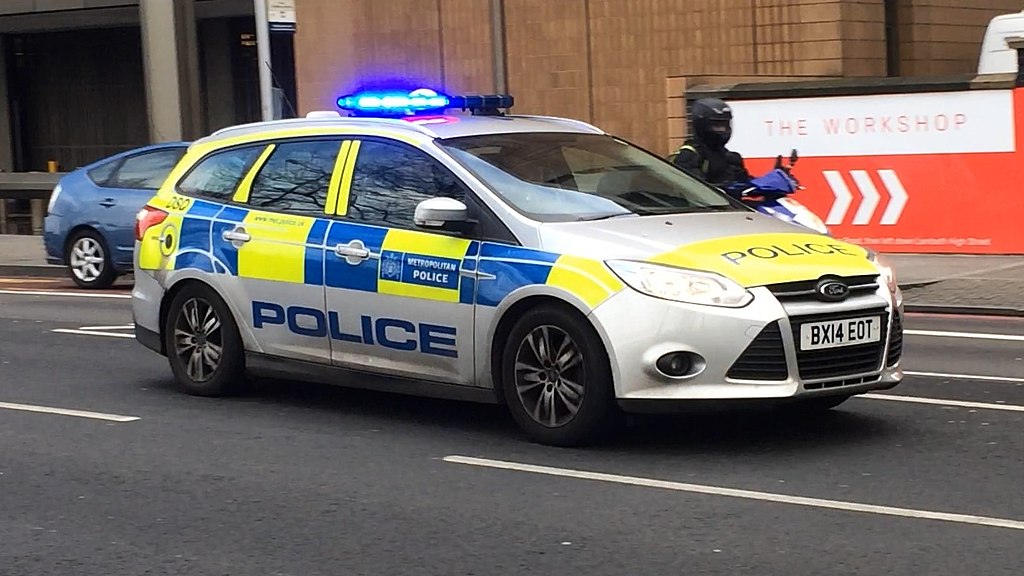A gross manipulation of tragedy: the Met Police are currently facing legal action over their use of dead children’s identities for undercover officers. This discovery has added unnecessary trauma to families already living with grief and the police force are now facing harsh criticism. It has been seven years since this news was broken by The Guardian and families are still fighting for justice.
The victims include a boy who died at birth, a five-year-old who died in a plane crash, a severely disabled boy who passed away aged six, and a teenager who drowned at sea.
The Met went beyond taking their names; officers familiarised themselves with their new identities, researching their families and visiting their graves. The complete lack of communication with families reveals the Met’s worrying lack of boundaries. Instead of seeking permission from families, officers used their power to exploit helpless individuals.
This method of identity theft has been in effect for three decades and involved at least 42 police officers. The identities were used to infiltrate multiple groups including animal rights organisations, the Socialist Workers Party and the Revolutionary Communist Group.
The exposition of the Met’s actions poses the question: is it incumbent on the police to consider the ethics of their investigative tactics?
In the eyes of the public, the decision to take on the identities of dead children appears cruel. However, does this lead to more effective policing? Considering the emotional and personal implications of such investigative methods could lead to slower-paced investigations or less efficient tactics. With regards to policing; the safety of individuals, and in extreme circumstances, their lives, could be at risk.
Does the prioritisation of citizens’ physical safety have to come at the cost of our emotional security? The increased prioritisation of mental health in society makes the Met’s actions more distasteful. The lack of consideration of how already grieving families would feel highlights where the Met’s focus lies.
The power wielded by the Met Police over the lives of vulnerable individuals in the community that it serves makes this recent abuse of power more threatening. These incidents underline the need for greater regulation of their service, particularly in regards to undercover investigations. Additionally, the Met should experience appropriate repercussions for their actions. Giving the families appropriate payment for the distress caused is a necessary consequence.
Moreover, the police have not learnt from past mistakes involving the deceit and manipulation of unassuming members of the public. This scandal is reminiscent of another; in 2007 an undercover officer was exposed for having a sexual relationship with a woman during an investigation. Under the fake name of Rob Harrison, the officer infiltrated pro-Palestine campaigners and started a year-long relationship with one of its female members. This incident stands as a further example of the disregard shown by the Met Police for the emotional welfare of those they are expected to serve, as well as highlighting institutional sexism within the force.
The Met Police should not be allowed to cause unnecessary emotional harm during their investigations. It should not have taken a legal case pursued by grieving families to bring this abuse of power to light.
Charlotte Hales
Image source: Wikimedia Commons

